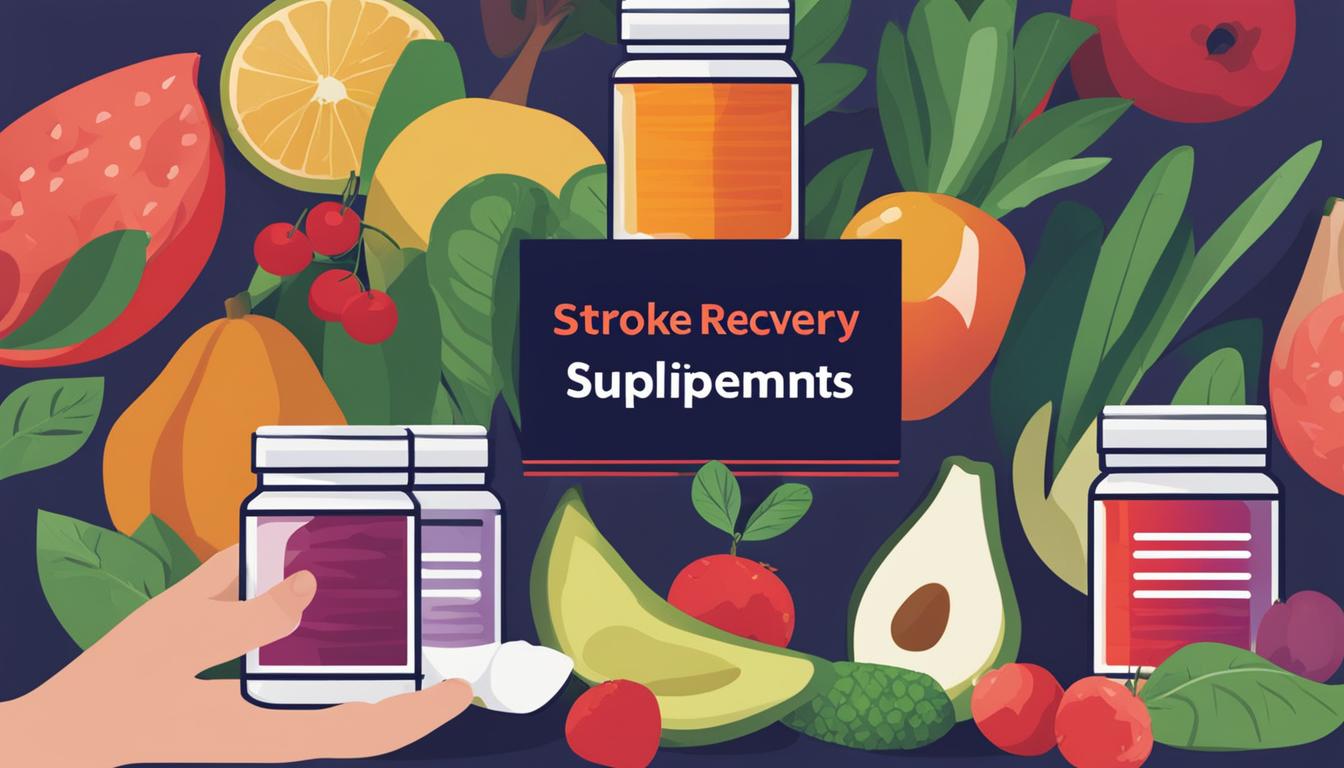Imagine a ship slowly losing its ability to sail the open sea, its once accurate compass now faltering with each passing day. Mark Smith’s journey with Alzheimer’s resembles this ship, facing the challenge of navigating uncharted waters.
As we delve into his story, we’ll uncover the resilience and strength needed to weather the storm of this debilitating disease. Join us as we explore the complexities of Mark’s experience and the lessons that can be learned along the way.
Key Takeaways
- Tailored coping strategies and memory aids are crucial for managing symptoms effectively.
- Strong support system and caregiver training are vital for quality care.
- Personalized care plans and cognitive stimulation enhance daily living for those with Alzheimer’s.
- Advocacy efforts aim to raise awareness, improve access to care, and reduce stigma.
Mark’s Early-Onset Alzheimer’s Diagnosis

Upon noticing concerning symptoms, Mark Smith was diagnosed with early-onset Alzheimer’s disease, a neurodegenerative condition affecting cognitive function. Early-onset Alzheimer’s typically manifests in individuals under the age of 65, with symptoms such as memory loss, confusion, and difficulty completing familiar tasks. The diagnosis is often confirmed through cognitive assessments, brain imaging, and medical history evaluations. In Mark’s case, his family noticed changes in his behavior and memory, prompting a visit to a neurologist for further evaluation.
Alzheimer’s disease is characterized by the accumulation of beta-amyloid plaques and tau tangles in the brain, leading to the degeneration of nerve cells and neurotransmitter disruptions. As the disease progresses, individuals may experience challenges in communication, reasoning, and decision-making. Early detection of Alzheimer’s is crucial for implementing interventions that can help manage symptoms and slow down cognitive decline. With the support of healthcare professionals and caregivers, individuals like Mark can navigate the complexities of living with early-onset Alzheimer’s and maintain a good quality of life.
Coping Strategies and Daily Challenges

Navigating the daily challenges of early-onset Alzheimer’s disease requires a multifaceted approach that incorporates tailored coping strategies and consistent support from healthcare providers and caregivers. To manage cognitive decline and memory loss, individuals can benefit from establishing routines, using memory aids like calendars and notes, and engaging in mental exercises such as puzzles or memory games. Structured environments with minimal distractions can help reduce confusion and frustration. Additionally, maintaining physical health through regular exercise and a balanced diet is crucial for overall well-being and cognitive function.
Incorporating relaxation techniques like deep breathing or mindfulness meditation can help alleviate stress and anxiety often associated with Alzheimer’s disease. It’s essential to prioritize self-care and seek emotional support from loved ones or support groups. Staying socially engaged and participating in activities that bring joy and fulfillment can enhance quality of life. Monitoring symptoms closely and adjusting coping strategies as needed, in collaboration with healthcare professionals, is vital for effectively managing the daily challenges of early-onset Alzheimer’s disease.
Support System and Caregiver’s Role

Establishing a strong support system and understanding the caregiver’s pivotal role are essential components in providing comprehensive care for individuals with early-onset Alzheimer’s disease. A robust support system typically involves family members, healthcare professionals, and community resources working together to address the multifaceted needs of the individual.
Caregivers play a crucial role in the daily lives of those with Alzheimer’s, providing emotional support, assisting with activities of daily living, and monitoring changes in behavior and cognition. It’s vital for caregivers to receive proper training and education on Alzheimer’s disease to enhance their caregiving skills and understand the challenges that may arise.
In addition to emotional support, caregivers often coordinate medical appointments, manage medications, and ensure a safe environment for the individual. They act as advocates, communicating the needs and preferences of the person with Alzheimer’s to healthcare providers. Caregivers must also prioritize self-care to prevent burnout and maintain their own well-being, as the demands of caregiving can be physically and emotionally taxing.
Maintaining Quality of Life and Independence

In maintaining the quality of life and promoting independence for individuals with early-onset Alzheimer’s disease, it is crucial to implement tailored strategies that address their evolving needs and preferences. One effective way to achieve this is by creating a personalized care plan that focuses on enhancing their daily living activities and cognitive functions. This can include cognitive stimulation exercises, physical activities, and social engagement to slow down cognitive decline and boost overall well-being.
| Strategies for Maintaining Quality of Life and Independence | Description |
|---|---|
| Cognitive Stimulation Exercises | Activities to keep the brain active and engaged |
| Physical Activities | Exercises to promote physical health and mobility |
| Social Engagement | Interaction with others to prevent social isolation |
| Personalized Care Plans | Tailored plans to address individual needs |
Advocacy and Awareness Efforts

Advocacy and awareness efforts play a vital role in raising understanding and support for individuals with early-onset Alzheimer’s disease. These initiatives aim to educate the public, healthcare professionals, and policymakers about the unique challenges faced by those with early-onset Alzheimer’s and the importance of early diagnosis and appropriate care. By advocating for increased research funding, improved access to healthcare services, and better caregiver support, we can enhance the quality of life for individuals like Mark Smith and their families.
Raising awareness about early-onset Alzheimer’s also helps reduce stigma and misconceptions surrounding the disease. It encourages early detection and intervention, leading to better outcomes and management of symptoms. Through community outreach programs, educational campaigns, and collaboration with advocacy organizations, we can ensure that individuals with early-onset Alzheimer’s receive the care and support they need.
Frequently Asked Questions
What Impact Has Mark Smith’s Alzheimer’s Had on His Career and Professional Life?
Having Alzheimer’s can significantly impact an individual’s career and professional life. The disease can cause memory loss, cognitive decline, and difficulties with decision-making and problem-solving.
These challenges may lead to decreased productivity, misunderstandings with colleagues, and an inability to meet job demands. It can also affect one’s ability to learn new skills or adapt to changes in the workplace.
Such changes can create a stressful situation for the individual and their coworkers.
How Has Mark’s Relationship With His Family and Friends Changed Since His Diagnosis?
Since the diagnosis, relationships with family and friends may experience strain due to changes in communication, behavior, and emotional regulation.
Coping strategies like open dialogue, support groups, and therapy can help navigate these challenges. It’s crucial to foster understanding, empathy, and patience to maintain strong connections.
Adapting to new dynamics and roles within the relationships can lead to deeper bonds and resilience in facing Alzheimer’s together.
What Types of Alternative Therapies or Treatments Has Mark Explored to Manage His Symptoms?
We’ve explored various alternative therapies and treatments to manage symptoms effectively. These include mindfulness techniques, acupuncture, dietary modifications, and regular exercise routines. Each choice was made after careful consideration of its potential benefits and risks.
We’ve found that a combination of these approaches has helped improve our overall well-being and quality of life. It’s essential to work closely with healthcare professionals to ensure these alternative methods complement traditional treatments.
How Has Mark’s Diagnosis Affected His Financial Situation and Ability to Plan for the Future?
Dealing with a diagnosis like Alzheimer’s can have a profound impact on one’s financial stability and ability to plan for the future. The costs associated with medical care, long-term care, and potential loss of income can create significant challenges.
As a result, careful financial planning and support systems are crucial to navigate the complexities of managing expenses and ensuring a secure future for those affected by this disease.
What Advice Does Mark Have for Others Who Have Been Recently Diagnosed With Early-Onset Alzheimer’s?
When facing a recent diagnosis of early-onset Alzheimer’s, we advise seeking support from medical professionals and support groups.
It’s crucial to prioritize self-care, maintain a routine, and engage in activities that stimulate the mind.
Planning for the future by creating advanced directives and organizing financial matters is essential.
Stay connected with loved ones and communicate openly about your needs and wishes.
Conclusion
In conclusion, Mark Smith’s journey with early-onset Alzheimer’s disease has been filled with challenges, but he’s found strength in his coping strategies and support system.
By maintaining a focus on advocacy and raising awareness, Mark continues to fight for his quality of life and independence.
As we navigate the complexities of Alzheimer’s, we must remember the importance of community, education, and perseverance in the face of this debilitating disease.









